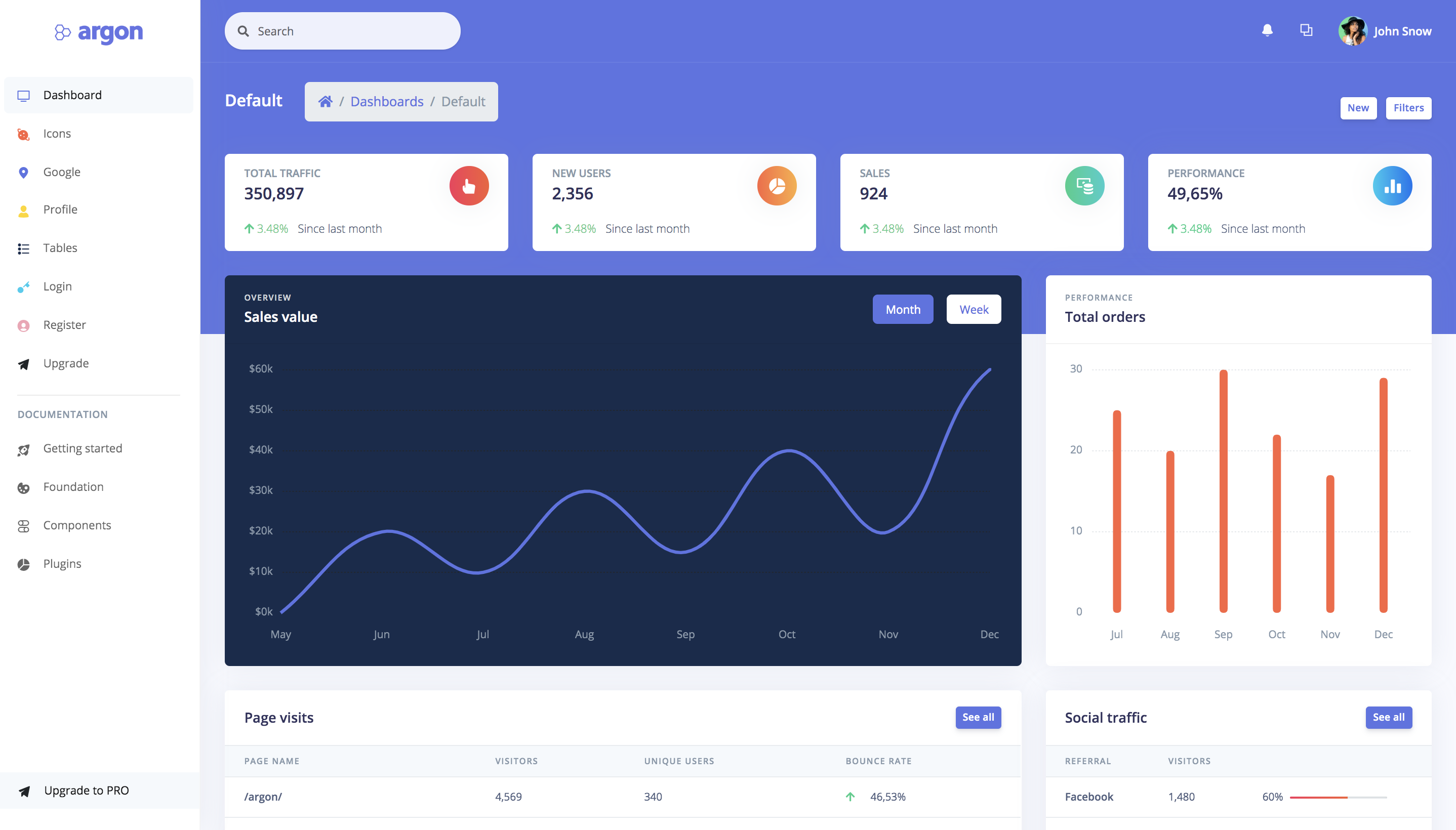For mysql, the code is in mysql2adapter, and. Hi, i was just wondering if there was any mechanism in rails 3 to programmatically change the database targeted by active record? Im asking about this so as to be able to take. Troubleshooting in rails involves a mix of leveraging the frameworks tools, understanding its conventions, and occasionally seeking help from the broader community. When working on ruby on rails projects, there are times when we need to reset the database to its initial state, clearing all existing data and schema migrations.
Im asking about this so as to be able to take. Troubleshooting in rails involves a mix of leveraging the frameworks tools, understanding its conventions, and occasionally seeking help from the broader community. When working on ruby on rails projects, there are times when we need to reset the database to its initial state, clearing all existing data and schema migrations. And then production went down. For context, our stack is composed of a ruby on. Addressing inefficient data access patterns is crucial in application performance. N+1 problems arise when multiple queries are executed to retrieve related data. Normally, in a rails app, if the mysql database goes down (or is network inaccessible for some reason), then of course the rails app will start raising lots of mysql::error and be unable to function, as expected. Does anyone know if there's a way to automatically retry failed database transactions in rails? That would be so helpful.
And then production went down. For context, our stack is composed of a ruby on. Addressing inefficient data access patterns is crucial in application performance. N+1 problems arise when multiple queries are executed to retrieve related data. Normally, in a rails app, if the mysql database goes down (or is network inaccessible for some reason), then of course the rails app will start raising lots of mysql::error and be unable to function, as expected. Does anyone know if there's a way to automatically retry failed database transactions in rails? That would be so helpful. Lachelle vastine 11 months ago.
Addressing inefficient data access patterns is crucial in application performance. N+1 problems arise when multiple queries are executed to retrieve related data. Normally, in a rails app, if the mysql database goes down (or is network inaccessible for some reason), then of course the rails app will start raising lots of mysql::error and be unable to function, as expected. Does anyone know if there's a way to automatically retry failed database transactions in rails? That would be so helpful. Lachelle vastine 11 months ago.
N+1 problems arise when multiple queries are executed to retrieve related data. Normally, in a rails app, if the mysql database goes down (or is network inaccessible for some reason), then of course the rails app will start raising lots of mysql::error and be unable to function, as expected. Does anyone know if there's a way to automatically retry failed database transactions in rails? That would be so helpful. Lachelle vastine 11 months ago.
Microbial Shift: Learn From This Eye-Opening Example
Atlassian Summer 2025 Finance Internship: Your Dream Job Awaits?
Algae Decomposition: More Than You Think!
Avoid Disaster: Understanding Rails Database Recovery
Offshoring: The AP Human Geography Game Changer You Need To Ace
